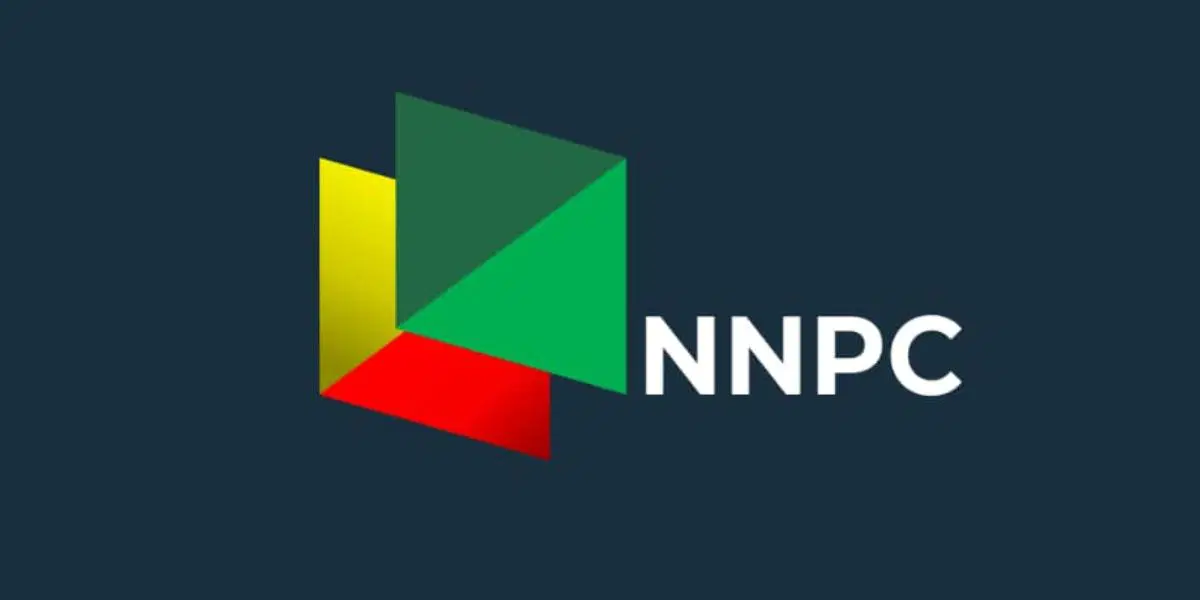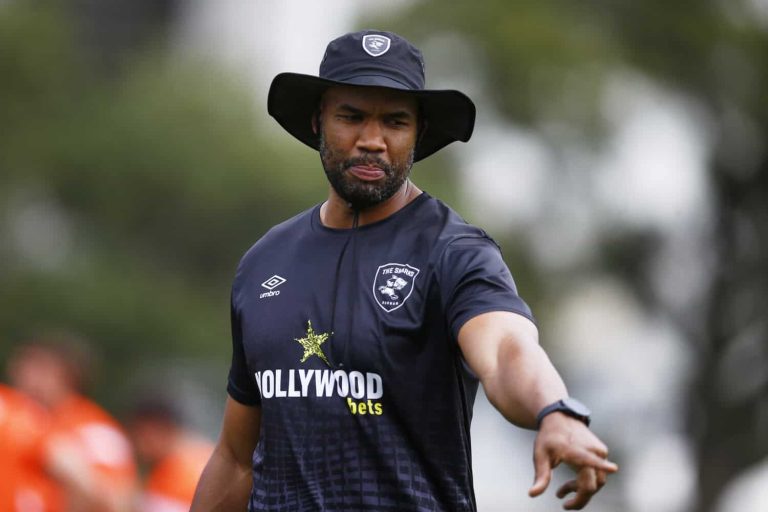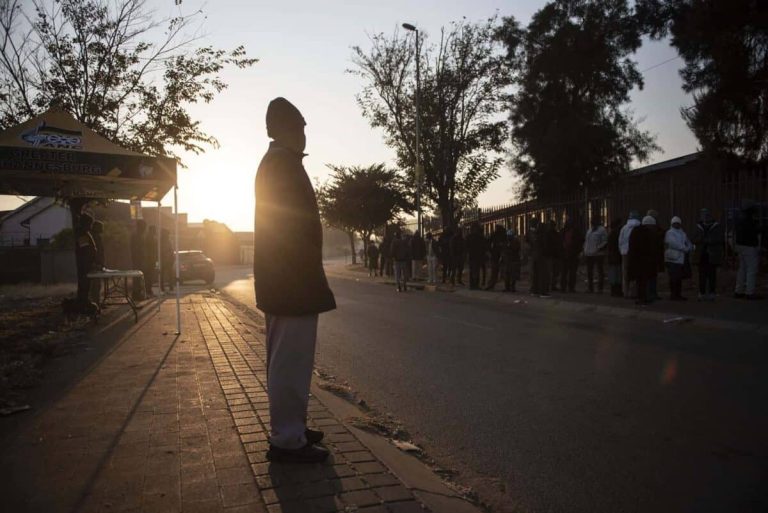
The Nigerian Senate has confirmed that the Nigerian National Petroleum Company Limited (NNPCL) has submitted written responses to 19 audit queries linked to an alleged unaccounted ₦210 trillion in its financial statements spanning 2017 to 2023.
Chairman of the Senate Committee on Public Accounts, Senator Aliyu Wadada (Nasarawa West), disclosed this development, noting that while the company has responded to all the queries, the committee is yet to scrutinize the documents in detail.
“The management of NNPCL wrote to the committee during the recess, requesting more time to compile data and respond comprehensively to our questions. We granted the extension,” Wadada said. “They have now responded to all 19 queries, but the report has not yet been presented before the full committee.”
The audit queries reportedly center on discrepancies and opacity in the national oil company’s accounts issues the Senate has repeatedly flagged as lacking transparency.
In July, the committee issued a three-week ultimatum to NNPCL’s Chief Executive Officer, Bayo Ojulari, to address the concerns raised in the audit reports, particularly the handling of the ₦210 trillion in question.
Wadada assured Nigerians that the committee would conduct a fair and exhaustive review before making any public pronouncements.
“I have refrained from making public statements on this issue until the committee has formally reviewed the report,” he said. “As I promised earlier, we will ensure that justice is done to this matter.”
Beyond the audit queries, the senator revealed that the committee has also identified additional issues within NNPCL’s operations, including its Production Sharing Contracts (PSCs) and the financial performance of NNPC Retail, the company’s downstream subsidiary.
“We’ve received information suggesting that NNPC Retail is operating at a loss, which is very troubling,” Wadada added. “It’s difficult to understand how the retail arm of the national oil company could be running at a loss in the current market environment. This will also be investigated.”
He assured that once the committee concludes its review, the findings will be made public in the interest of transparency and accountability.



